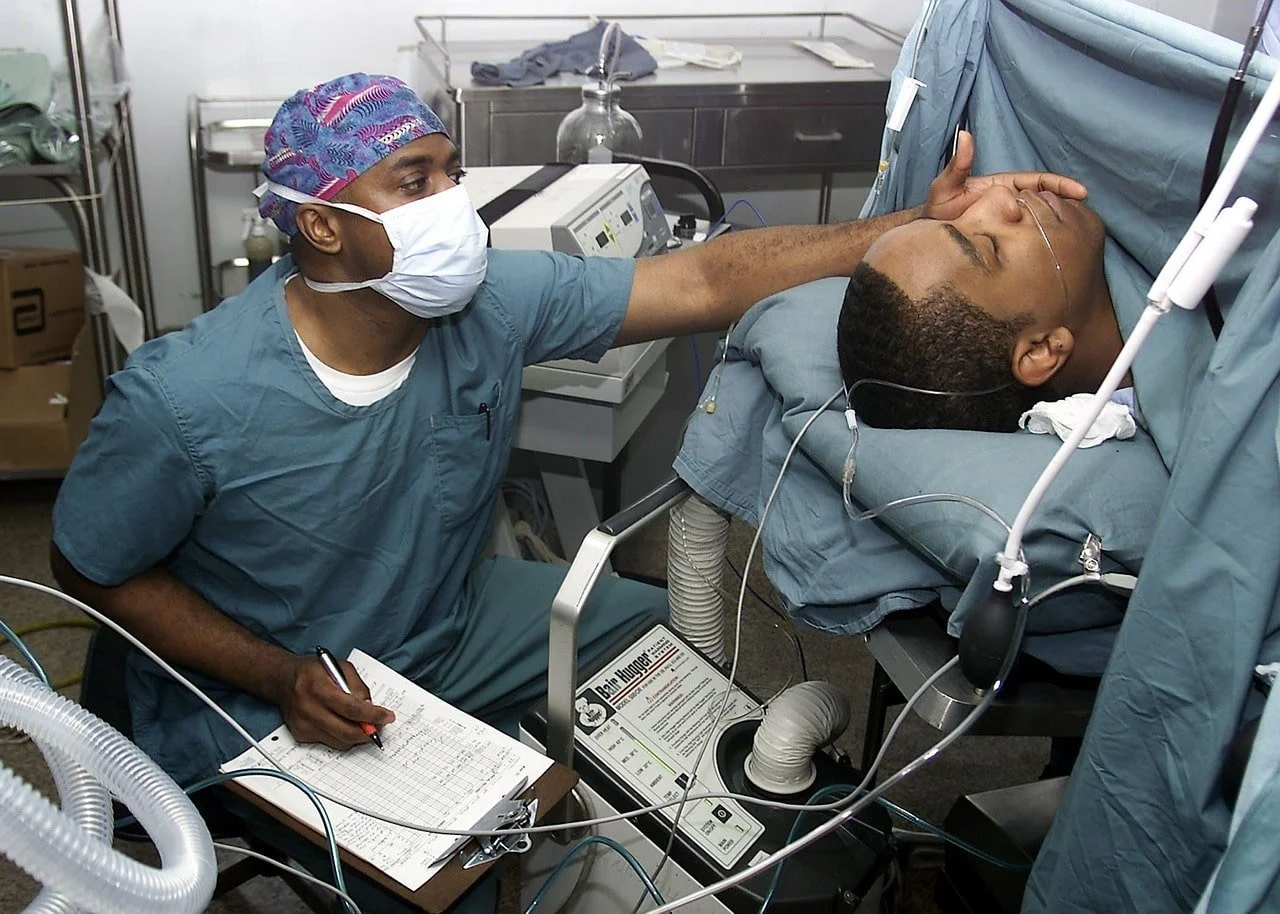Rhode Island is a beautiful state with much to offer, and in this state are many aspiring physician assistants, many of whom want nothing more than to become licensed PAs in the state they call home.
Fortunately for these individuals, they have options. But what are the best PA schools in Rhode Island? Let’s see!
Which PA Schools in Rhode Island Are Best?
Aspiring physician assistants in Rhode Island can attend Bryant University or Johnson and Wales, as both schools offer respected PA programs.
Individuals who don’t want to enroll in either program are encouraged to consider online programs and programs offered out of state.
How to Get Into PA School
First, you need to get a bachelor’s degree in a related science from a decent four-year university. It’s best to major in biology, microbiology, organic chemistry, nursing, or a similar subject as an undergraduate.
You’ll need a 3.5 or higher cumulative GPA, and you’ll need an even higher GPA in your major. If you double-majored as an undergraduate, this will help you during the applicant review process.
Similarly, if you participated in extracurricular activities related to the medical field, you should point this out on your application and personal statement.
After you receive a bachelor’s degree, it’s time to apply for PA school. You’ll need to take the GRE beforehand, and it’s best to get above 300.
Once you have all your credentials in order, you need to put together an application and personal statement.
The personal statement is arguably the most critical component of an application since it expresses in your own words:
Why do you believe you deserve to be in the program
What will you bring to the program if accepted
What you hope to gain from the program
What Kind of PA Programs Are There?
There are different PA programs because many students can’t commit to a full-time, in-person program.
A PA’s learning preferences, goals, and budget collectively determine the best program for them.
In-Person
In-person programs are great for students who can afford to commute or live on campus.
In the classes, students can engage face-to-face with peers and professors, and these engagements will ensure they have a well-rounded experience.
It’s also easier to collaborate, and professors can’t respond to inquiries immediately.
Online
Online programs are cheaper because there’s no commuting and no housing expenses, but these programs are just as rigorous as in-person programs.
In these programs, there’s peer-to-peer and peer-to-professor engagement, but since communication is virtual, the quality of these engagements isn’t as good.
And students enrolled in such programs have to get a certain number of in-person clinical hours.
The great thing about online classes is there’s way more flexibility. Still, most assignments have fixed deadlines, and many classes are held at a particular time each week.
Asynchronous
In asynchronous classes, you can complete coursework on your own time, and you can learn at your own pace. Essentially, you could speed up or slow down the course to your liking—just as long as you finish all the work on time.
Synchronous
Synchronous classes are classes that are held at a certain time each week. These are the classes you'll encounter most in a PA program. Professors expect student engagement, and these classes tend to be hours long.
Hybrid
Hybrid programs combine the best elements of in-person programs with those of online programs.
You'll have to attend classes in person a few times a week, but you can work from home most of the time.
These programs tend to be cheaper than in-person programs but more expensive than strictly online programs.
How to Become a PA After Graduating
Once you’ve received your master’s in physician assistant studies, you’ll need to pass the Physician Assistant National Certifying Exam (PANCE).
Administered by the National Commission on Certification of Physician Assistants (NCCPA), this test will assess your knowledge of topics essential to the physician assistant profession.
You'll have six attempts to pass the PANCE over six years.
Upon passing this exam, you can apply for licensure in your state.
What Responsibilities Do PAs Have?
A PA is a trained medical professional who regularly assists doctors, surgeons, specialists, and other healthcare professionals.
They share many of the responsibilities doctors have, but their responsibilities are in large part determined by the facility they work for.
Therefore, physician assistants who work for hospitals generally have more responsibilities than those employed at small clinics, but this isn't always the case.
Often, PAs have their own patients, but they still answer to a supervising physician.
According to the U.S. department of labor, the following are common PA responsibilities:
Review the medical histories of patients
Examine patients
Diagnose injuries and illnesses
Order and interpret X-rays, blood tests, and other diagnostic tests
Administer treatment
Prescribe medication
Assess and record patient progress
Educate and counsel patients and their families
Participate in outreach programs to spread disease awareness and promote wellness
Research the latest treatments to deliver better care
What’s the Recertification Process for a PA?
To maintain your PA certification, you’ll need to acquire 100 hours of continuing education every two years.
You’ll also have to pass the PANCE every 10 years. If you fail the first time, you’ll have three more chances to pass.
Helping Aspiring PAs Is What We’re All About
Getting into PA school is no cakewalk. Every program has a limited number of seats, and dozens of applicants can compete for one seat, especially if the program is well-respected.
So how are you to stand out from the hundreds of other applicants? We’ll help you!
Contact us at info@myparesource.com or visit our site to learn about all the services we offer to aspiring PAs.

